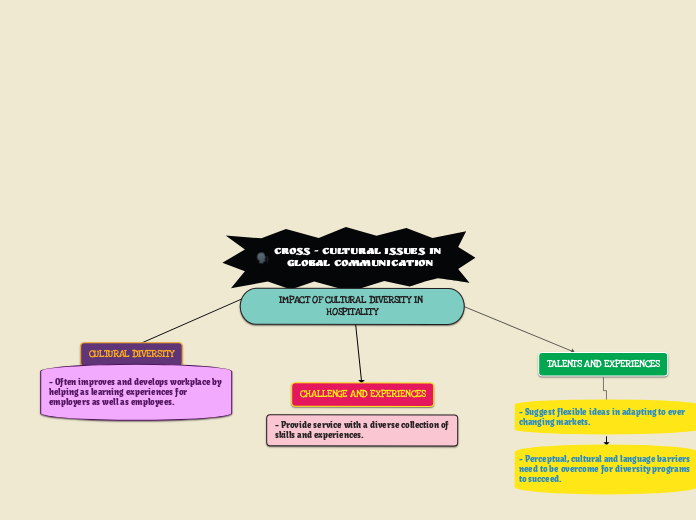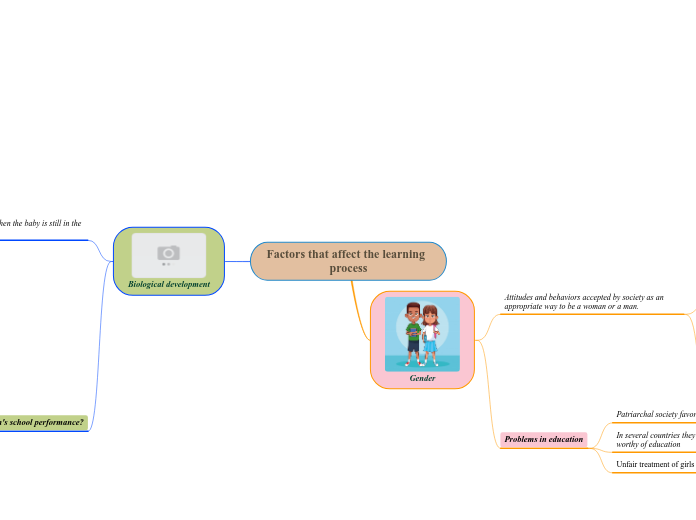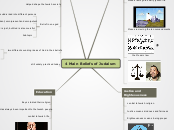door Riley Lenihan 6 jaren geleden
311
The Crucible...Role of Women
In Arthur Miller's play, women's roles evolve significantly, reflecting the societal norms and the hysteria of the Salem witch trials. Initially, women are portrayed as obedient caretakers subservient to their husbands, often treated as mere servants.









